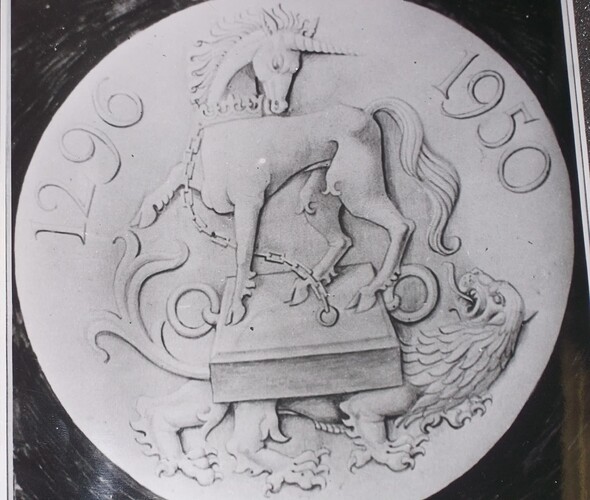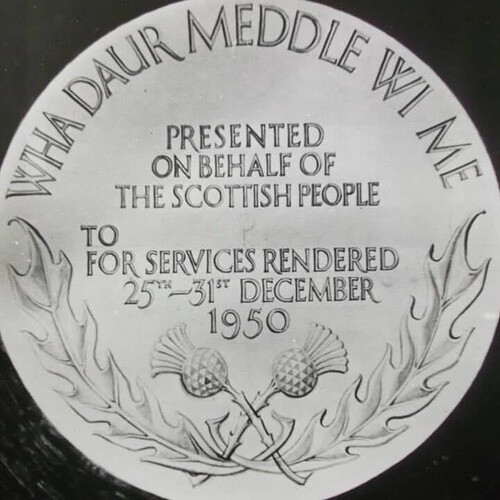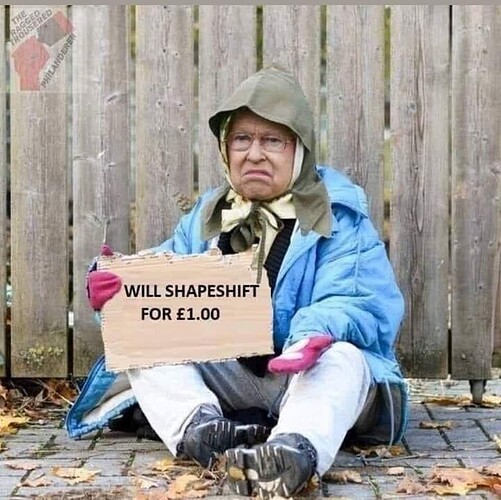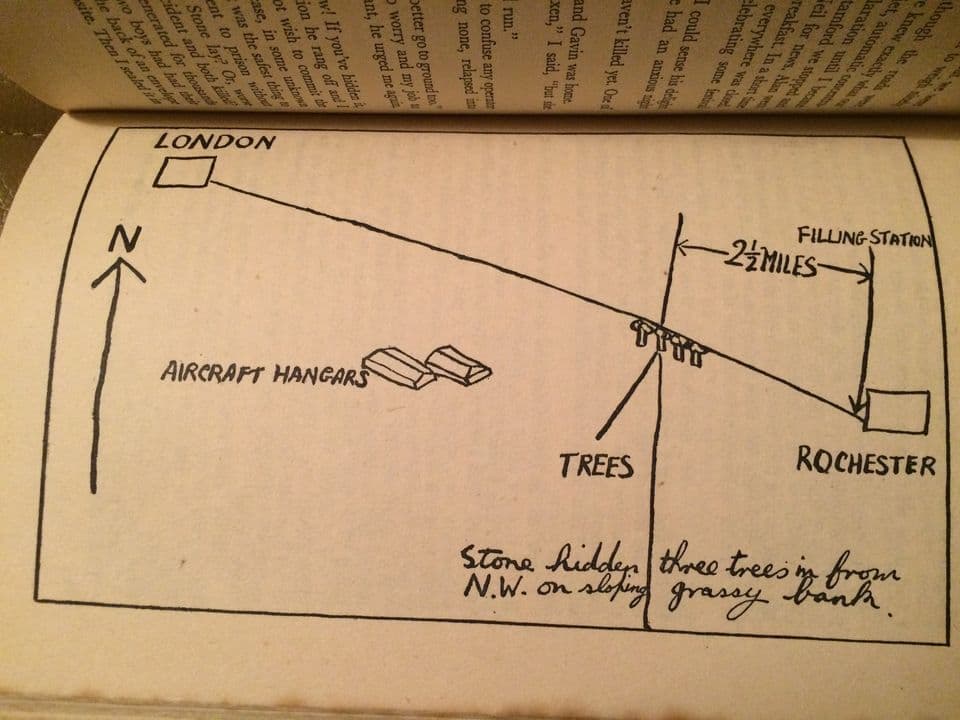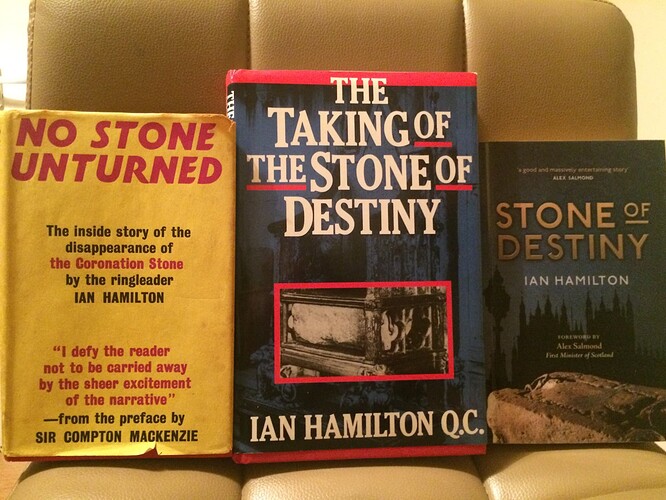Bring out The Stone of Destiny and return it to the Rightful Owner.
Supreme court rules against Scottish parliament holding new independence referendum
Nicola Sturgeon says ‘Scottish democracy will not be denied’ after court blocks route to referendum.
The Scottish parliament cannot hold a second independence referendum without Westminster approval, the UK supreme court has ruled, in a unanimous judgment likely to anger Scottish nationalists who say the country’s future is for Scottish voters to decide.
The first minister, Nicola Sturgeon, said immediately after the ruling: “Scottish democracy will not be denied.”
She said: “Today’s ruling blocks one route to Scotland’s voice being heard on independence – but in a democracy our voice cannot and will not be silenced.”
She said she respected the ruling, but accused Westminster of showing “contempt” for Scotland’s democratic will.
“This ruling confirms that the notion of the UK as a voluntary partnership of nations, if it ever was a reality, is no longer a reality,” she told a news conference.
Sturgeon said her government would look to use the next general election as a “de facto referendum” on separating from the rest of the UK after more than 300 years.
She said: “We must and we will find another democratic, lawful and constitutional means by which the Scottish people can express their will. In my view, that can only be an election.”
Delivering the unequivocal judgment, the supreme court president, Lord Reed, said the Scottish parliament did not have the power to legislate for a referendum on independence because such a bill would relate to the future of the union of the UK, a matter reserved to Westminster.
Reed rejected arguments put by the SNP, which the court permitted to intervene in the proceedings, based on the Scottish parliament’s right to self-determination under international law.
He said that in the absence of an agreement between the two governments, as happened in advance of the 2014 vote, the Scottish parliament did not have the power to legislate for a referendum.
The ruling came after an unprecedented hearing at the UK’s highest court into whether Holyrood had the legal authority to legislate for a referendum on Scottish independence without Westminster granting it the required powers.
Four consecutive prime ministers have refused Sturgeon’s requests to grant her a section 30 order, the section of the 1998 Scotland Act – the legislation that established the Scottish parliament – that allows Holyrood to pass laws in areas that are normally reserved to Westminster, such as the union.
The question was referred to the court by Scotland’s lord advocate, Dorothy Bain KC, at Sturgeon’s request after she confounded critics in June by announcing her preferred date for another referendum as 19 October 2023.
Bain argued that the referendum bill was within Holyrood’s powers because the vote would merely be consultative and would not have any immediate consequences. Independence would be achieved through lengthy negotiations, as happened with Brexit.
But Reed said the effects of legislation “are not restricted to legal consequences but can include its practical consequences”. The outcome of a referendum would “possess the authority … of a democratic expression of the view of the Scottish electorate” and would “either strengthen or weaken the democratic legitimacy of the union”.
Therefore, Reed said, the five judges had concluded unanimously that “it is clear the proposed bill has more than a loose or consequential connection with reserved matters”.
Sir James Eadie KC, a senior lawyer acting for the UK government, said Bain had refused to certify the draft bill as legally competent earlier this year because she “did not have the necessary degree of confidence” it was lawful. The proposed legislation was “solely and squarely about the union”, Eadie said, and thus in breach of the Scotland Act’s bar against passing legislation that dealt with the UK’s constitution.
He suggested that Scottish ministers’ attempts to seek a ruling were “premature” and “theoretical” because the referendum bill had not yet been presented to Holyrood, an argument rejected by Reed, who said the bill was within the scope of the court and further that he accepted Bain’s argument that it was in the public interest that the court should provide an authoritative ruling.
Calls for Scotland’s pro-independence movement to cast aside its bitter differences and unite after the judgment were made outside the supreme court by an MP from a party that has become home to former SNP members.
Neale Hanvey, formerly an SNP MSP and sitting at Westminster for the Alba party, said the ruling was a defeat in one respect but was also a helpful clarifying point to demonstrate that “all avenues within the union had now been exhausted”.
He said: “Now we must unite as a movement. So we need to stop the elections charade of ‘one more mandate, vote again for the SNP,’ because the reality is there are people in the Conservative party who support independence, there are people in the Lib Dems who support independence, there are many members in the Labour party who support independence, and of course there is the Alba party.”
Alba was formed in March 2021 by the former Scottish first minister and SNP leader Alex Salmond, and has attracted two sitting MPs from Scotland’s governing party amid fissures in the independence movement.
“What we need is a constitutional convention where we put our differences to one side and prioritise Scotland. We have to find a way to come back together as we did in 2014 and settle on a strategy that is solely focused on delivering independence,” he said.
The Scottish Labour leader, Anas Sarwar, said that while it was right for the Scottish government to seek legal clarity on the question, “there is not a majority in Scotland for a referendum or independence”.
He said: “The supreme court’s answer was clear and I thank them for their speedy work in this case. We must now focus on the problems facing our country, from rising bills to the crisis in our NHS.”
The Scottish Conservative leader, Douglas Ross, called on the SNP to “drop their referendum obsession” and respect the ruling. “The country faces enormous challenges right now. Our economy and our NHS are in crisis. We have a wave of public sector strikes – including the first teachers’ strike in almost four decades. These key issues must be everyone’s top priority.”


